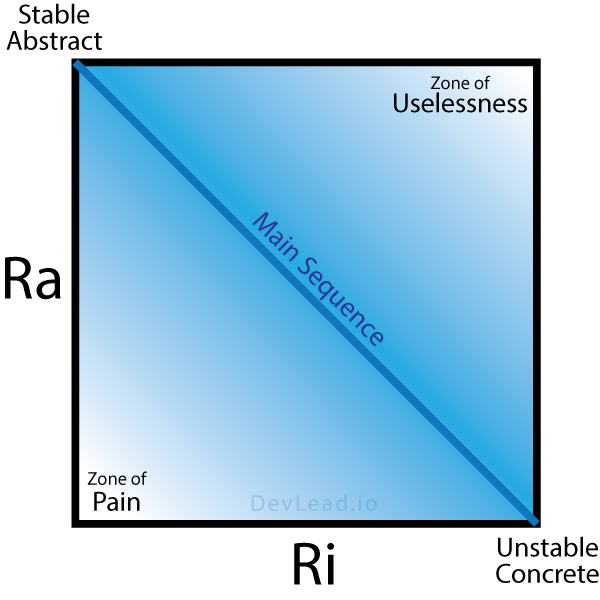There are aseveral options, although some may be defunct.
Last time I looked into this, openMosix was the most interesting, affordable, general-purpose option. It turned several computers into one big virtual computer. I ran a very small, 3-node cluster for a time. The upside was that you could run almost anything on it - unlike most HPC solutions, it didn't require bespoke languages, libraries, or targetted solutions. The downside was performance; it turns out that to really take adventage of HPC, you really need to program for it. OpenMosix looks defunct now.
OpenPMIx looks to have taken up the torch from OpenMosix. It looks active; I have no specific knowledge about it.
tldp.org has some good required reading before you invest in this, in particular discussing the elephant in the room, networking latency. The short version is that, no matter how slow your computers, the bottleneck will still be the network. Unless you're willing to invest a lot into fiber and expensive, fast switches, it's probably not worth it.
slurm crosses the line into modern cluster job management, like you might find in a cloud provider like AWS, which is tye direction the non-supercomputer industry took when commodity MPI turned out to be not feasible. Warewolf is another version, sort of one foot in distributed container management and lightweight MPI. Both are pretty involved, more Beowulf than OpenMosix.
tldr, it's probably not worth it if you're looking for a cheap Beowulf cluster, because such a thing doesn't exist in any practical sense. Cost, and physics, get in the way. If you want to set up a data center, or some job farm like AWS or GCS, that's another matter. But it's a far cry from MPI.

I respect your opinion on this, and will say only one more thing: having worked in the corporate software space for decades, you don't want their software. Most of it is utter crap. It's a consequence of finance having too much indirect influence, high turnover, a lot of really uninspired and mediocre developers, and a lack of the fundamentally evolutionary pressures that exist in OSS. The only thing corporations do better is marketting.